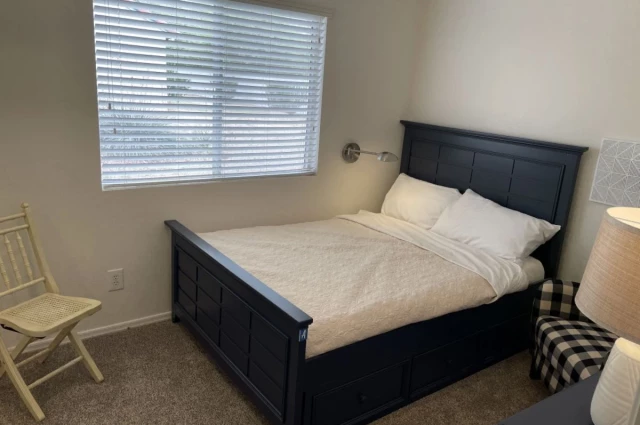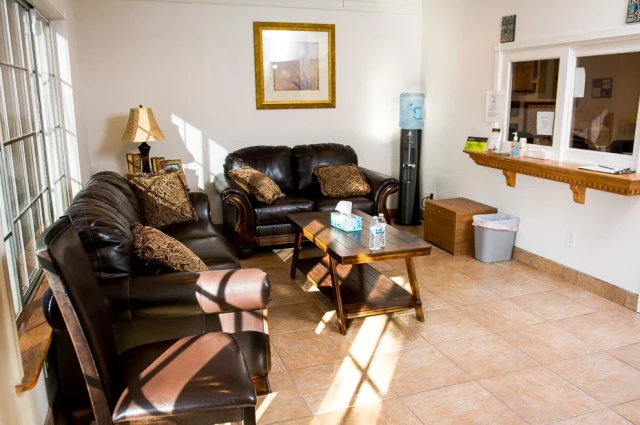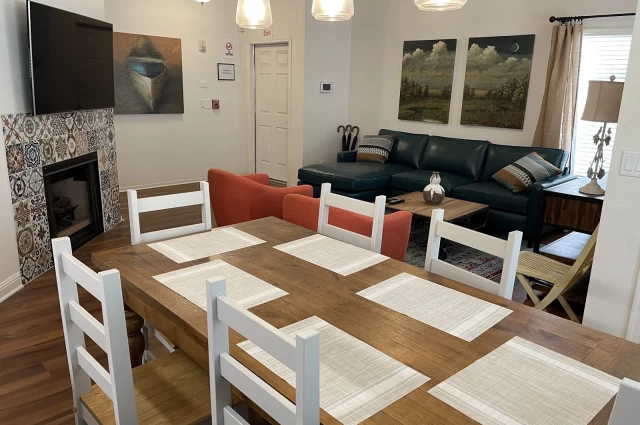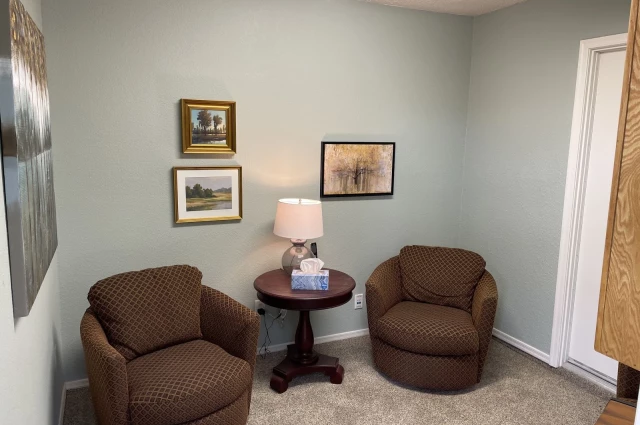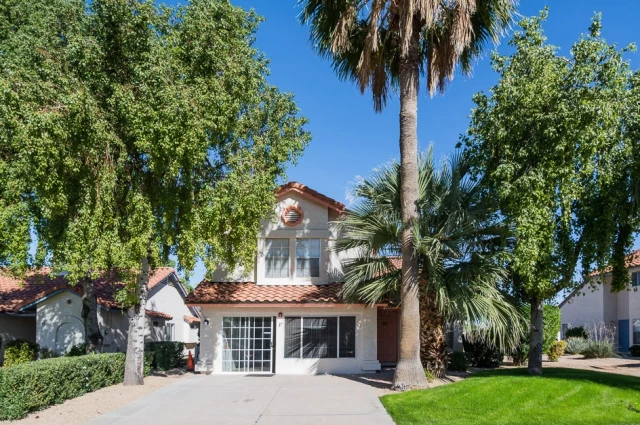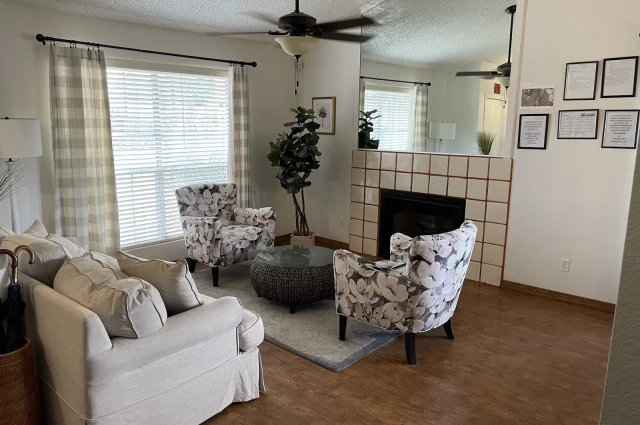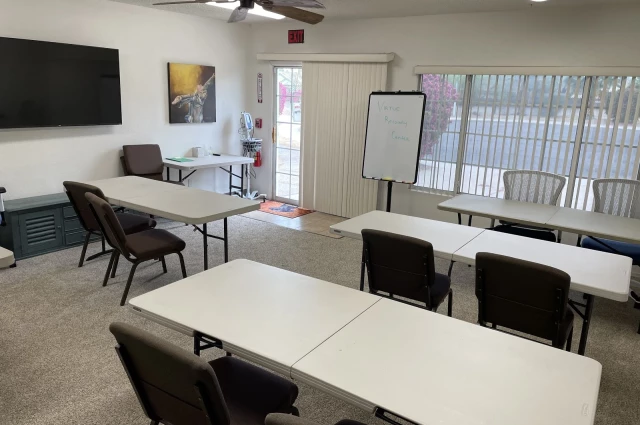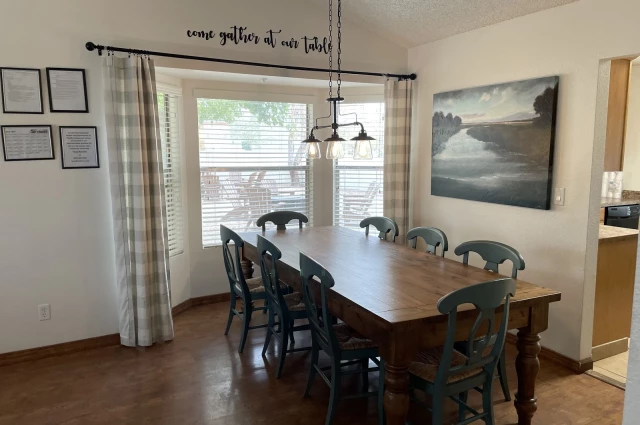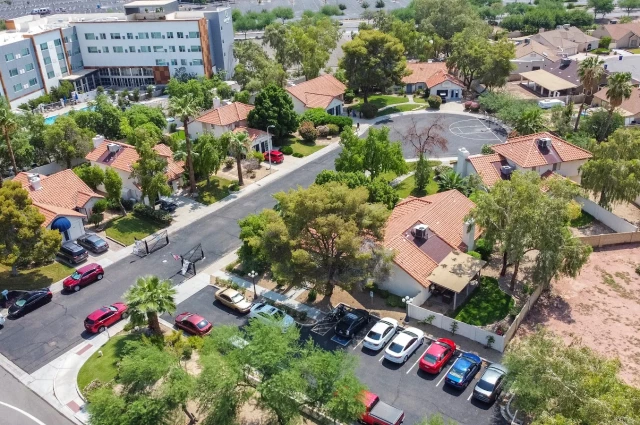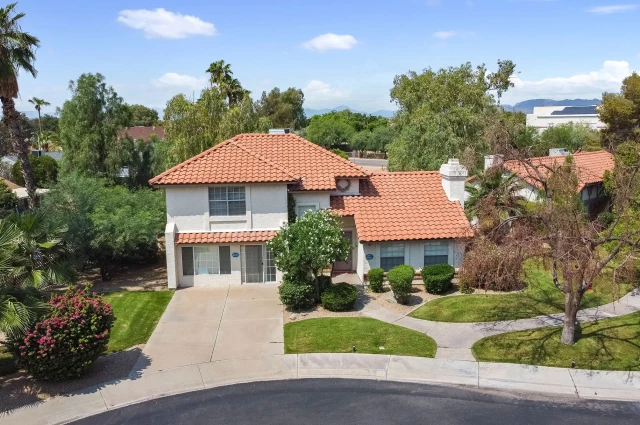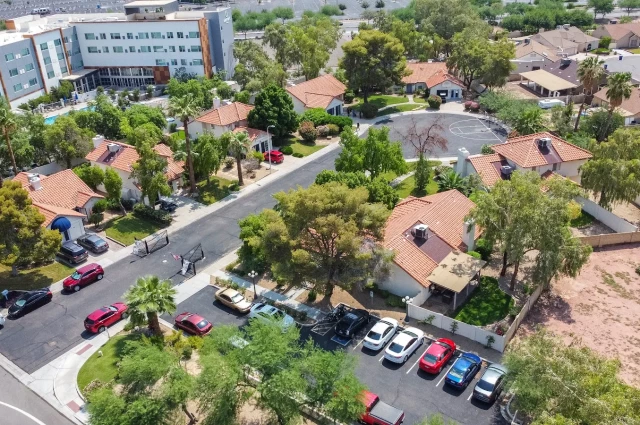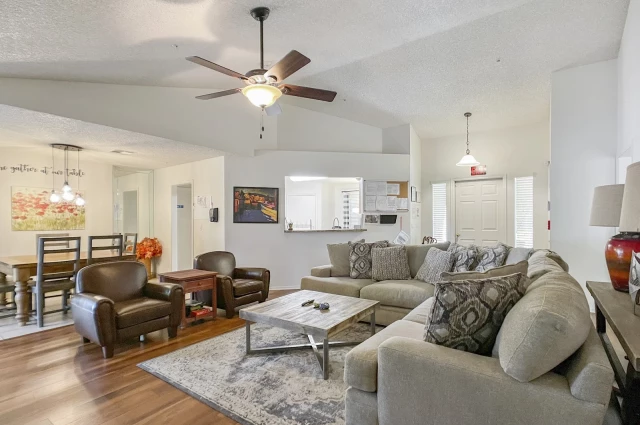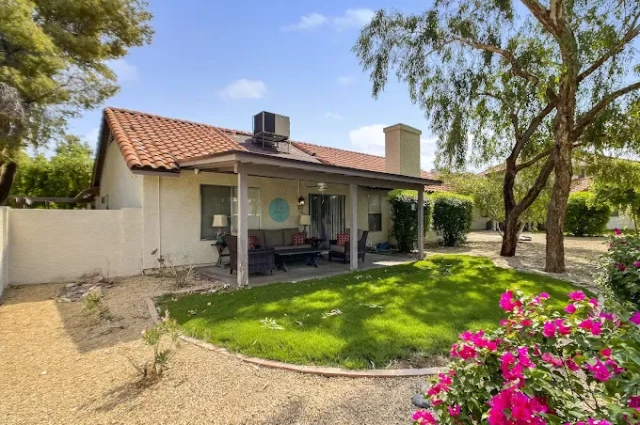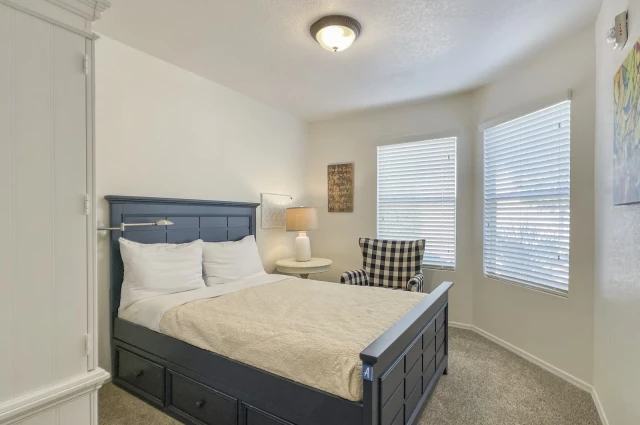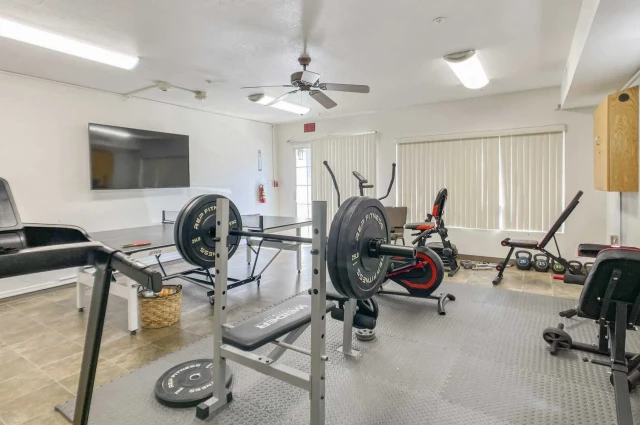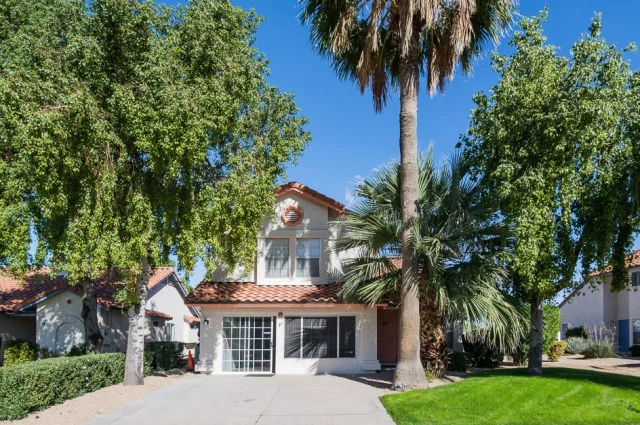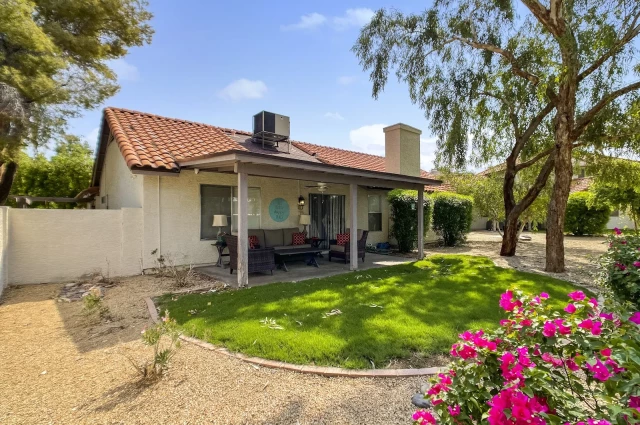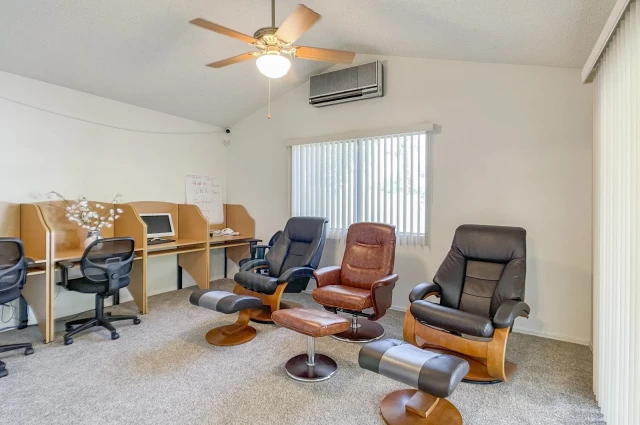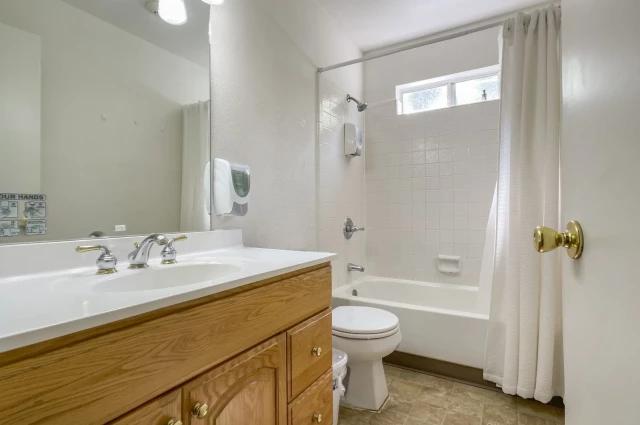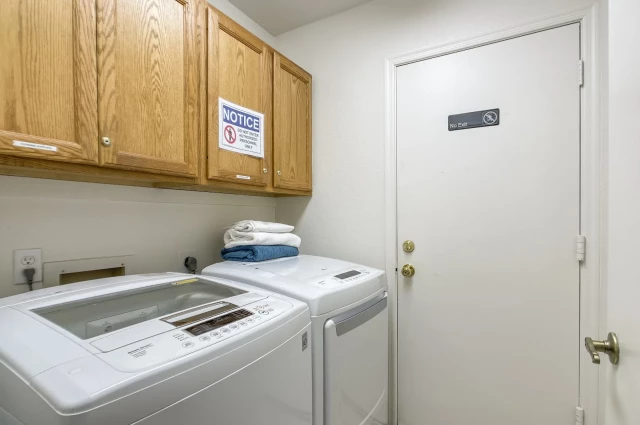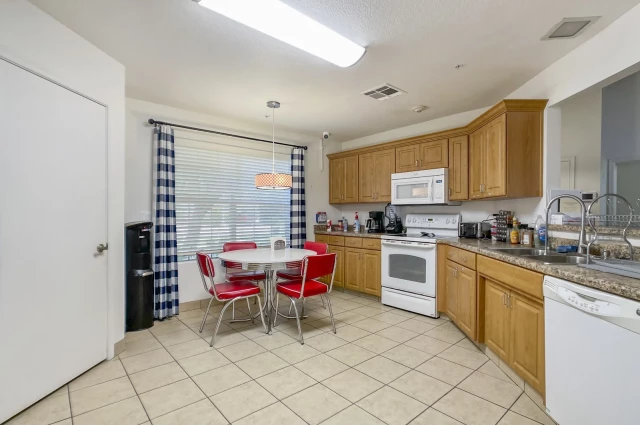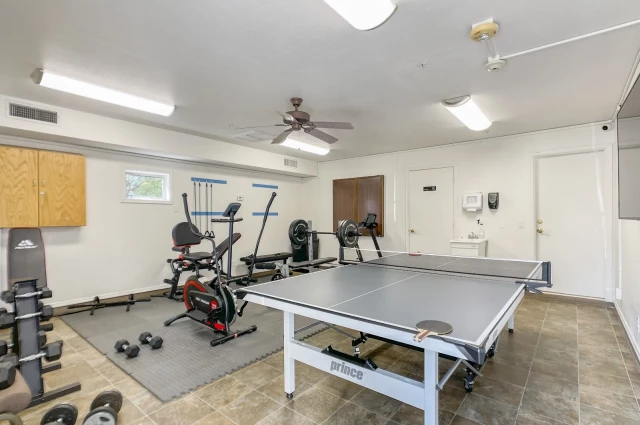Virtue Recovery Center Information
Treatment
Who We Treat
- Male and Female
- Veterans
Treatment Focus
- Alcohol
- Anxiety
- Benzodiazepines
- Bipolar
- Co-Occurring Disorders
- Drug Addiction
- Opioids
- Post Traumatic Stress Disorder
Approaches
- 12-Step-Based
- Individual Treatment
- Evidence-Based
- Twelve Step
- Holistic
- Cognitive Behavioral Therapy (CBT)
- 1-on-1 Counseling
- Art Therapy
- Canine Therapy
- Equine Therapy
Conditions We Treat
- Depression
- Anxiety
- Bipolar Disorder
- Grief & Loss
- Psychosis/Schizophrenia
- Codependency
- ADHD/ADD
- Bipolar
- Post Traumatic Stress Disorder (PTSD)
- Schizophrenia
- Grief and Loss
- Anger
- Gaming
- Co-Occurring Disorders
Substances We Treat
- Alcohol
- Benzodiazepines
- Chronic Relapse
- Heroin
- Opioids
- Cocaine
- MDMA/Ecstasy
- Ecstasy
- Marijuana/Cannabis
Languages
- English
Aftercare
- Relapse Prevention Planning
- Intensive Outpatient Program
- Aftercare App
- Outpatient Treatment
- Private
- Professional Re-entry Support
- Housing Services
- Peer Mentoring
- Housing Support
- Ability to Call a Counselor
- Online Alumni Groups
- Support Meetings (on-site)
- Mentoring and Peer support
Level of Care
- Outpatient
- Intensive Outpatient Program (IOP)
- Day Treatment
- Sober Living
Experience
On-Site Amenities
- Access to Nature
- Basketball Court
- Fitness Center
- Internet Access
- Chef-prepared Meals
- Outdoor Lounge
Personal Amenities
- Air-Conditioned Rooms
- Bathroom Essentials
- Coffee Maker and Tea
- En Suite Bathroom
- Housekeeping
- Internet Access
- Private or Shared Rooms
- Shared Bathroom
- Snacks
Off-Site Amenities
- Airport Transfers
On-Site Activities
- Yoga
- AA/NA Meetings
- Games
- Martial Arts
- Movies
- Physical Fitness
Off-Site Activities
- Museums
- Adventure Outings
Special Considerations
- Wheelchair Accessible
- Dietary Accommodations
- Healthy Meals are provided
- Other Dietary Needs
- vegetarian
- Gluten-Free
Accreditations
-
The Joint Commission
The Joint Commission, previously known as JCAHO, is a nonprofit organization that accredits rehabilitation organizations and programs. Established in 1951, its mission is to enhance the quality of patient care and showcase excellence in healthcare delivery.

-
NAATP
The NAATP accreditation is a recognized addiction and behavioral health standard. This accreditation signifies that a treatment facility or program has met specific criteria and standards set by NAATP, demonstrating a commitment to providing quality care and services to individuals seeking treatment for addiction and behavioral health issues. Facilities and programs accredited by NAATP are evaluated on their adherence to established best practices, ensuring that clients receive comprehensive, evidence-based care to support their recovery journey.

-
State department of health
Government agencies issue State Licenses, which grant rehabilitation organizations permission to conduct their operations lawfully within specific geographic regions. Licenses needed to operate are typically determined by the type of rehabilitation program offered by the facility and its physical location.

Virtue Recovery Center Accepts The Following Insurance Plans
Find the best treatment options. Call our free and confidential helpline today!
